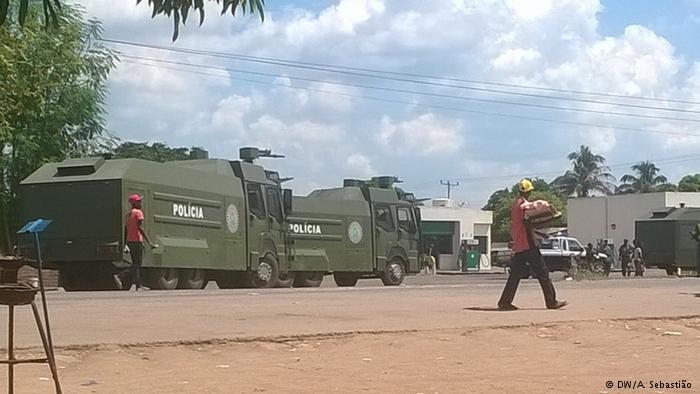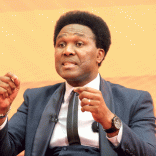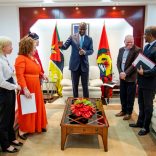Mozambique: ANJUR calls for measures to protect jurists
Renamo denies responsibility for attacks on hospitals in Zambezia – Deutsche Welle

DW (File photo) / The country is currently experiencing a military tension due to the impasse between the government and Renamo
Attacks on two hospitals and two other health facilities in Zambezia province, central Mozambique, in early August were attributed by Human Rights Watch (HRW) to armed men of the Mozambican National Resistance (Renamo), the main opposition party in the country, based on reports by people who were in the hospitals as the time of the attacks, HRW researcher Zenaida Machado says.

“The reports we have obtained from the field are that various amounts of drugs, including emergency drugs and extreme necessity drugs, such as HIV/Aids drugs, penicillin, or kits for delivery were stolen. These are essential medicines in areas difficult to access.”
HRW has had access to reports by people who were in the health facilities detailing the damage.
“In Mopeia, we talked with the medical staff on site who said that it only takes a few days for its stocks to be replenished and people to return to the clinics. This is unacceptable,” Machado says adding that “in no conflict or disagreement of a military nature may the victims be civilians, let alone civilians who are going to hospitals or clinics”.
Party does not admit
The head of Renamo in parliament, Ivone Soares, denies that the attacks were anything to do with the party. According to Soares: “In a conflict situation, there is always propaganda put about to denigrate one side or the other.”

“It is not in the nature of Renamo to be promoting situations that endanger the lives of civilians. The confrontation is between military; it is not a confrontation between Renamo and members of civil society.”
The HRW researcher condemns the frequent human rights violations in Mozambique and appeals to both the government and Renamo to reach an understanding.
“We urge both parties to refrain from attacking civilians during confrontation or attacking any infrastructure or property belonging to civilians. To the government, the appeal we make is to ensure the safety of civilians in these areas of conflict, and to investigate and bring to justice those who insist in preventing Mozambicans from leading safe lives, and have access to what are their fundamental rights, including the right to health, the right to education, the right to security and to live in peace,” said Machado.
HRW had already in February alerted authorities to the fact that these conflicts in Mozambique are generating refugees. “At the time, we talked to several refugees who accused the defence and security forces of Mozambique of having committed widespread abuses against them, namely summary executions, sexual abuse and destruction of their property,” she says.
Zenaida Machado pointed out that ,at as soon as HRW had access to these reports, it appealed to the government to investigate the nature of the abuses.
“We are still waiting for the government to reply, and have not seen any step in this direction to date. Meanwhile, we know that most of the refugees who were in Malawi have returned home because there was a guarantee by the state and the Mozambican government that there would be security when they returned home. This is a measure that satisfies us,” says the researcher.
Renamo parliamentary leader Soares says the party is committed to ending the differences that jeopardize peace and order in the country.
“We all have to work so that the dialogue taking place between representatives of Renamo President Afonso Dhlakama and representatives of President Filipe Nyusi can have the desired effect, and soon deliver the peace that we so long for,” says Soares.












Leave a Reply
Be the First to Comment!
You must be logged in to post a comment.
You must be logged in to post a comment.